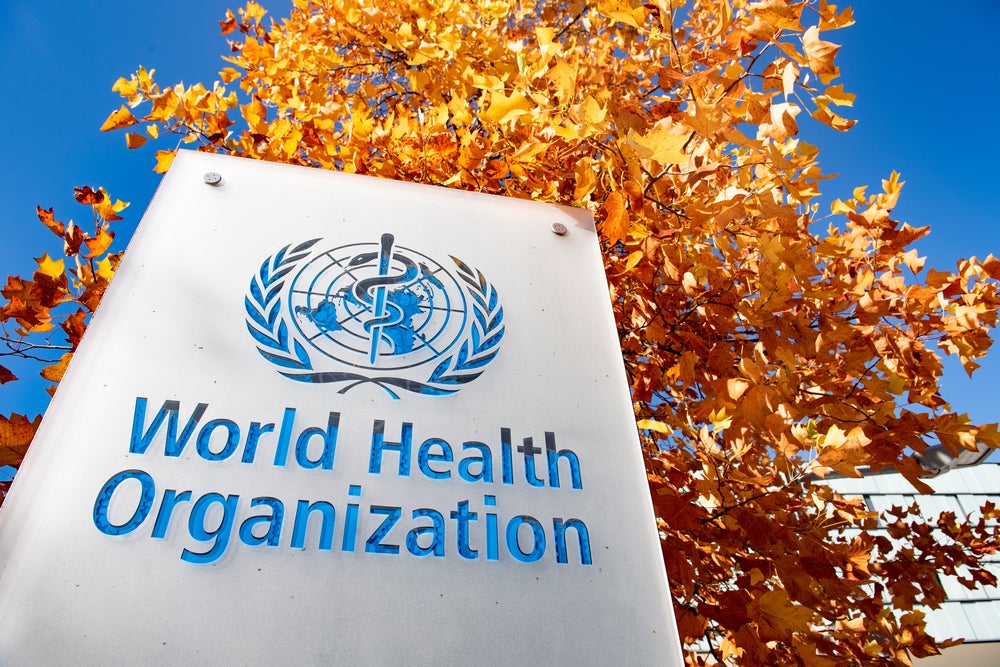A World Health Organization (WHO) director has called for “better prevention and treatment options” after the agency released new estimates of genital herpes prevalence.
Dr Meg Doherty, director of global HIV, hepatitis and sexually transmitted infections programmes, has said that more needs to be done, not only to reduce the transmission of genital herpes but said this will also reduce the transmission of HIV.
“While most people with a genital herpes infection experience few symptoms, with so many infections genital herpes still causes pain and distress for millions globally and strains already overburdened health systems,” said Dr Doherty.
Updated figures show that around 846 million aged between 15 and 49 years are living with the infection. This total translates to more than one in five in this age group globally living with the disease, as per a WHO 11 December press release.
Genital herpes is caused by two types of herpes simplex virus (HSV) – HSV-1 and HSV-2. WHO stated that HSV-2 is more serious from a public health perspective since it is more likely to cause recurrent outbreaks, along with a higher chance of contracting human immunodeficiency virus (HIV).
Currently, there is no cure for genital herpes – although there are approved antivirals that relieve symptoms. In the US, this includes Novartis’ Famvir (famciclovir), GSK’s Valtrex (valacyclovir), and acyclovir. Although the antivirals do not remove the virus from the body, they slow the growth of herpes, making it easier for the immune system to control the infection and reduce the frequency of outbreaks.
Valtrex and Famvir were approved by the US Food and Drug Administration (FDA) for genital herpes in 2003 and 2006 respectively. Since then, there has been little change in available treatments.
“Not enough has been done to address this common infection,” said Dr Sami Gottlieb, a medical officer within WHO’s Department of Sexual and Reproductive Health and Research, who also served as author of the report detailing the updated infection figures.
“Expanded research and investment in developing new herpes vaccines and therapies, and their equitable use, could play a critical role in improving quality of life for people around the world,” Dr Gottlieb added.
An HSV vaccine could come courtesy of Moderna or BioNTech, who have candidates in clinical trials. Moderna’s therapeutic candidate, an mRNA vaccine called mRNA-1608 is currently in Phase II development while BioNTech’s prophylactic candidate, also mRNA-based BNT-163, is in Phase I development.
Developing a vaccine that is effective against HSV has proved difficult, however. A setback occurred in September this year when GSK announced it was discontinuing its vaccine candidate following a Phase I/II failure. Although deemed safe, the vaccine lacked efficacy in reducing lesions in patients with recurrent genital herpes.









